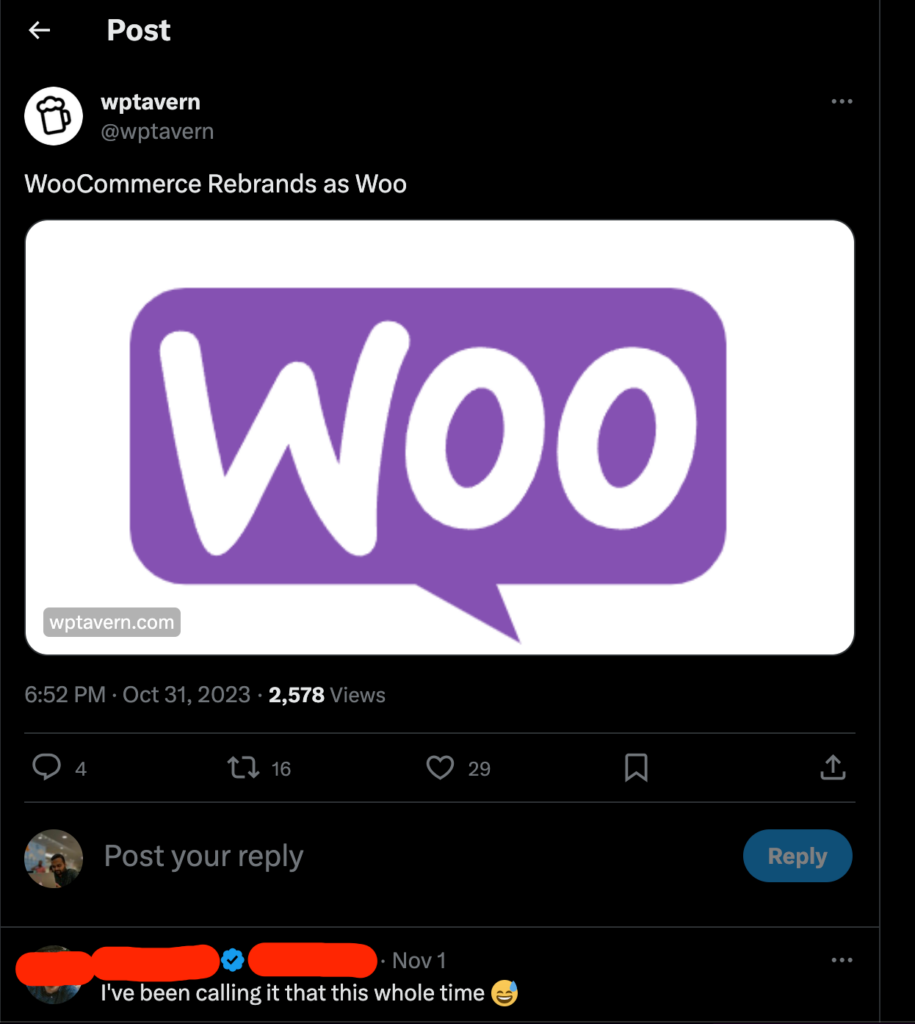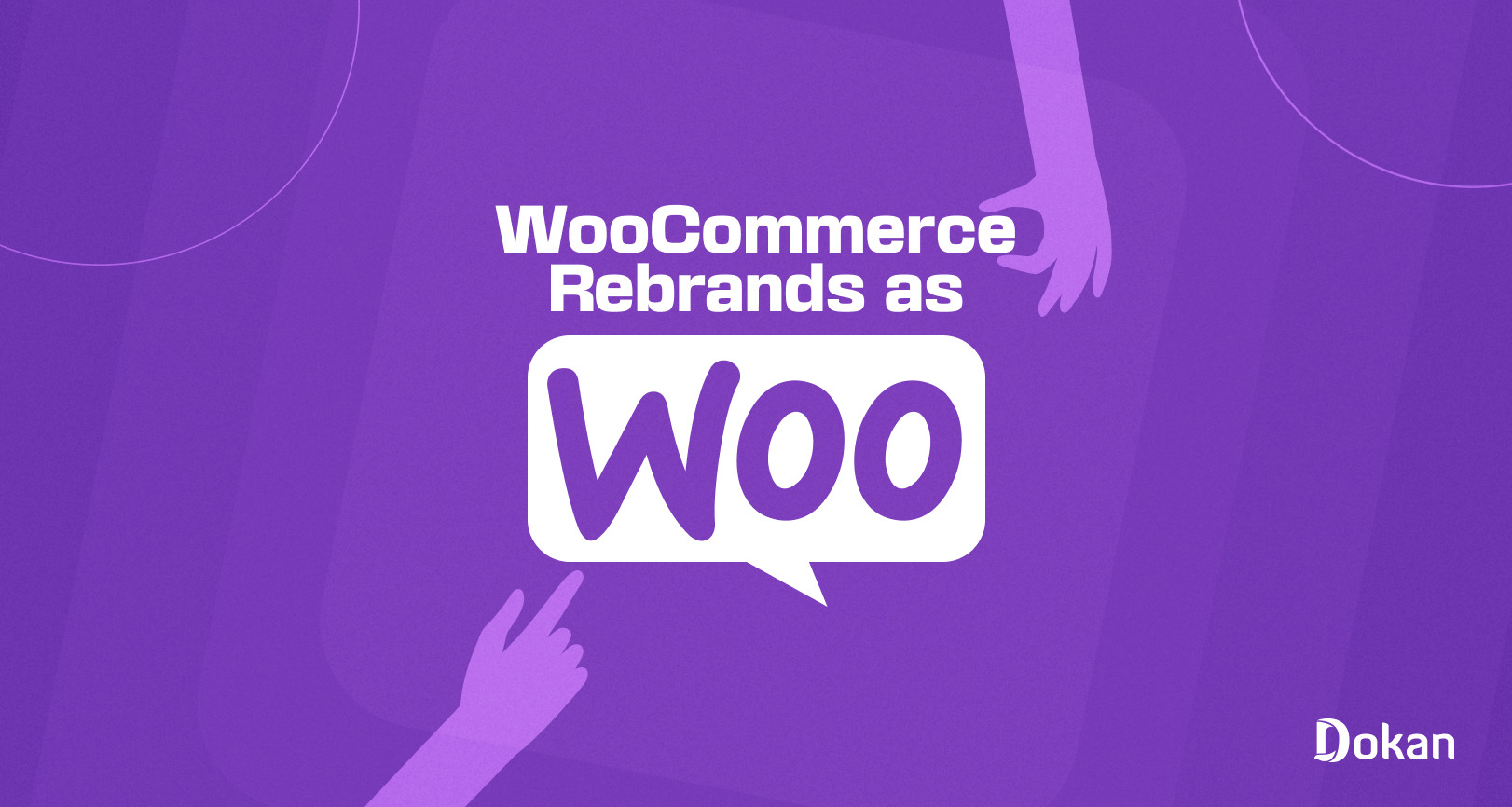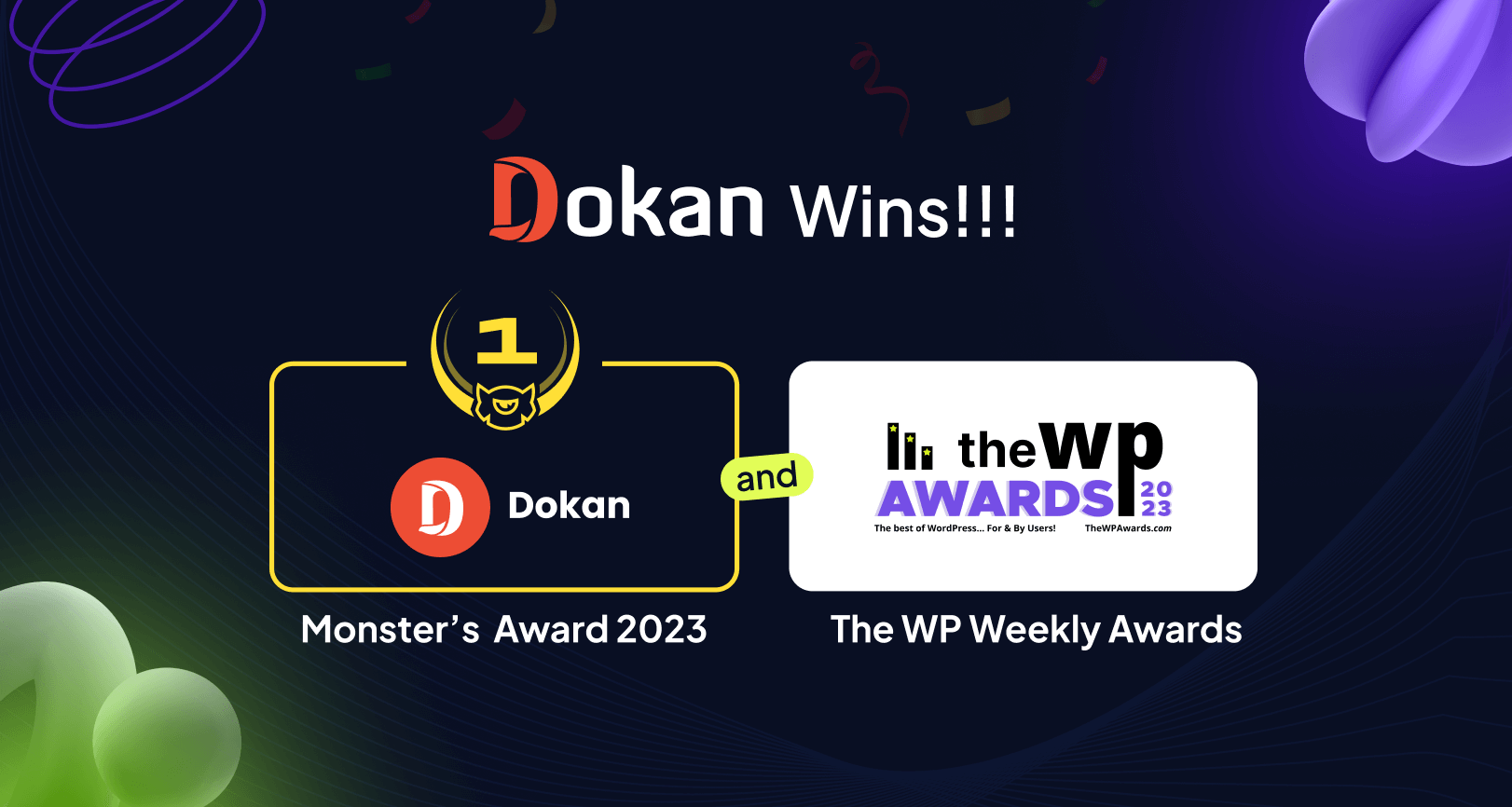WooCommerce, the most popular eCommerce solution for WordPress, has rebranded itself as Woo.
The name is peppy, catchy, and easy to pronounce and yes customers have been using the name (“Woo”) for some time now. So, going Woo was written on the cards.
After Automatic acquired the WooCommerce plugin along with WooThemes back in 2015, the platform has come a long way. It became a one-stop solution for creating and managing any kind of eCommerce store for WordPress.
This open-source commerce platform now powers over 4.4 million live websites, including 33% of the top 1 million online stores.
And today with this WooCommerce rebranding, they are entering into a new era. We are going to share the story of that journey.
Let’s start.
Looking Back: WooCommerce Introduces Woo Express in 2023- 1st Srep to Rebranding
Back in 2022 at WooSesh, the company announced that they were working on developing their own hosted solution. This announcement came after GoDaddy had launched an open-access preview of Managed WooCommerce Stores to US-based customers, and Bluehost launched its WooCommerce offering a month prior.
In 2023, WooCommerce finally launched Woo Express. This is a managed hosting product that uses WordPress.com’s infrastructure and relieves store owners of the responsibilities of hosting and maintenance.
The Woo team first launched it with only a handful of visitors. But they have ended that phase and made it public a few months ago. You can try the Woo Express demo version without using any credit card for 14 days.
This launching was the 1st step to rebranding WooCommerce as Woo. The team have introduced a new product called “Woo Express” and this is not an addon or extension for WooCommerce but a new cloud version. So, you should consider their mother brand something like “Woo”.
Now both WooCommerce and Woo Express will perfectly suit under the same umbrella.
Woo Express provides a selection of extensions already installed and professionally designed themes. But store owners can install any plugin or theme. Store owners can use WooCommerce Payments or any other payment gateway.
That started the chain reaction of moving towards the name Woo. We will get to that in the next section.
Read: WooCommerce vs Woo Express: Which One is Best for eCommerce
WooCommerce’s Journey as Woo: Things to Consider
WooCommerce recently named their extension WooCommerce Payments “Woo Payments”. The team is gradually changing their product names. But to be clear-
- Woo is how they refer to the brand/company.
- WooCommerce is the open-source eCommerce platform for WordPress — Woo’s core product.
If you search for WooCommerce.com, you will be redirected to Woo.com. On the homepage, you will see that they have emphasized the Woo Express’s features, which previously featured the WooCommerce plugin.

The good news is- users don’t have to worry about changing anything. The technical side will be handled by the Woo team.
Here is what the Woo team said about the changes-
- Any changes to extension names will be automatic and should require no action.
- Woo merchants may see a note about the domain name change in their dashboard or emails, but no action should be necessary.
- Woo’s partners, vendors, and developers have already prepared for the change.
However, if users still have any complaints, they can contact the team of Happy Engineers.
What Changes Woo Brought & What You Can Expect Next
Changing WooCommerce to Woo is part of the larger strategy of standardizing and streamlining the names of WooCommerce products and services.

Gradually, every product and extension name will be changed which will help simplify the naming system and better connect their core software, extensions, and programs.
However, this is also part of the strategy to push their new product Woo Express.
One of our goals for Woo Express is to give new merchants the best of everything WordPress offers — the site editor and the blocks we’ve built for WooCommerce mean you can create a beautiful site to express your brand without coding knowledge
WooCommerce COO Warren Holmes
WooCommerce is one of the most used open-source software globally. But, much of WooCommerce’s ecosystem has grown like wildflowers in an open field. Most of the third-party solutions don’t work harmonically together.
With managed hosting, this can be fixed. You can take the example of Shopify and how they managed to create a controlled environment for store owners to create and manage their online stores.
That is why Woo Express has a compelling set of commercial extensions bundled into the hosting plans, including product add-ons, product bundles, gift cards, and more. It features a new onboarding flow and store personalization experience for merchants, with a setup guide and recommendation engine powered by an AI-driven assistant.
Going forward, expect to see more features added to Woo Express and more marketing from Woo to make this a one-stop platform for eCommerce.
Because in the 2023 WooSesh, the team described the product as “Woo’s biggest bet ever.”
Last Words on WooCommerce Rebranding as Woo
The news that WooCommerce rebrands as Woo doesn’t come as a surprise to many as they already predicted this.
But this rebranding will not affect the customers much as they don’t have to do anything technically. The Woo team will take care of the technical things and they also have a team in place to help if there is any problem.
However, by investing in a three-letter domain name, Woo significantly strengthens its competitive advantage going forward.
Subscribe to
Dokan blog
We send weekly newsletters, no spam for sure!







Leave a Reply